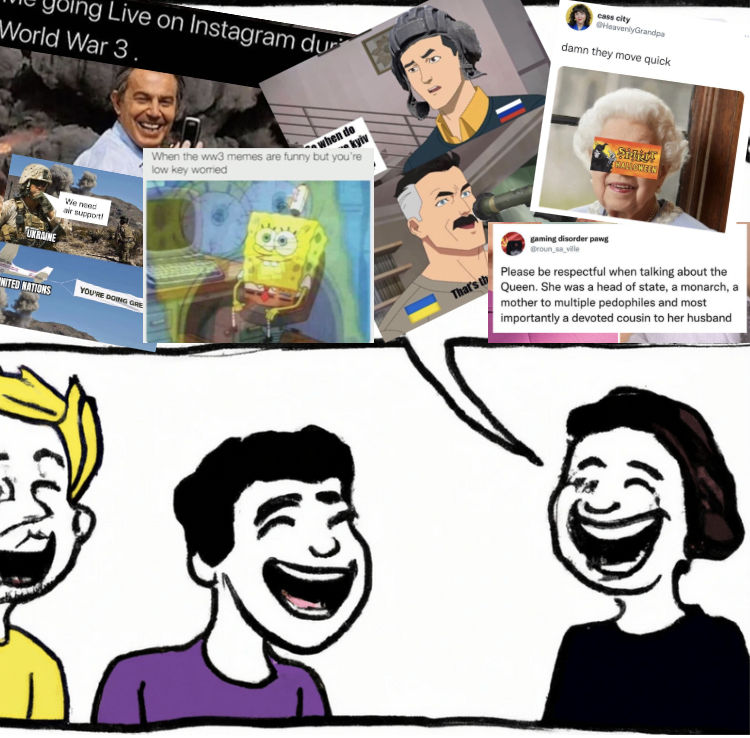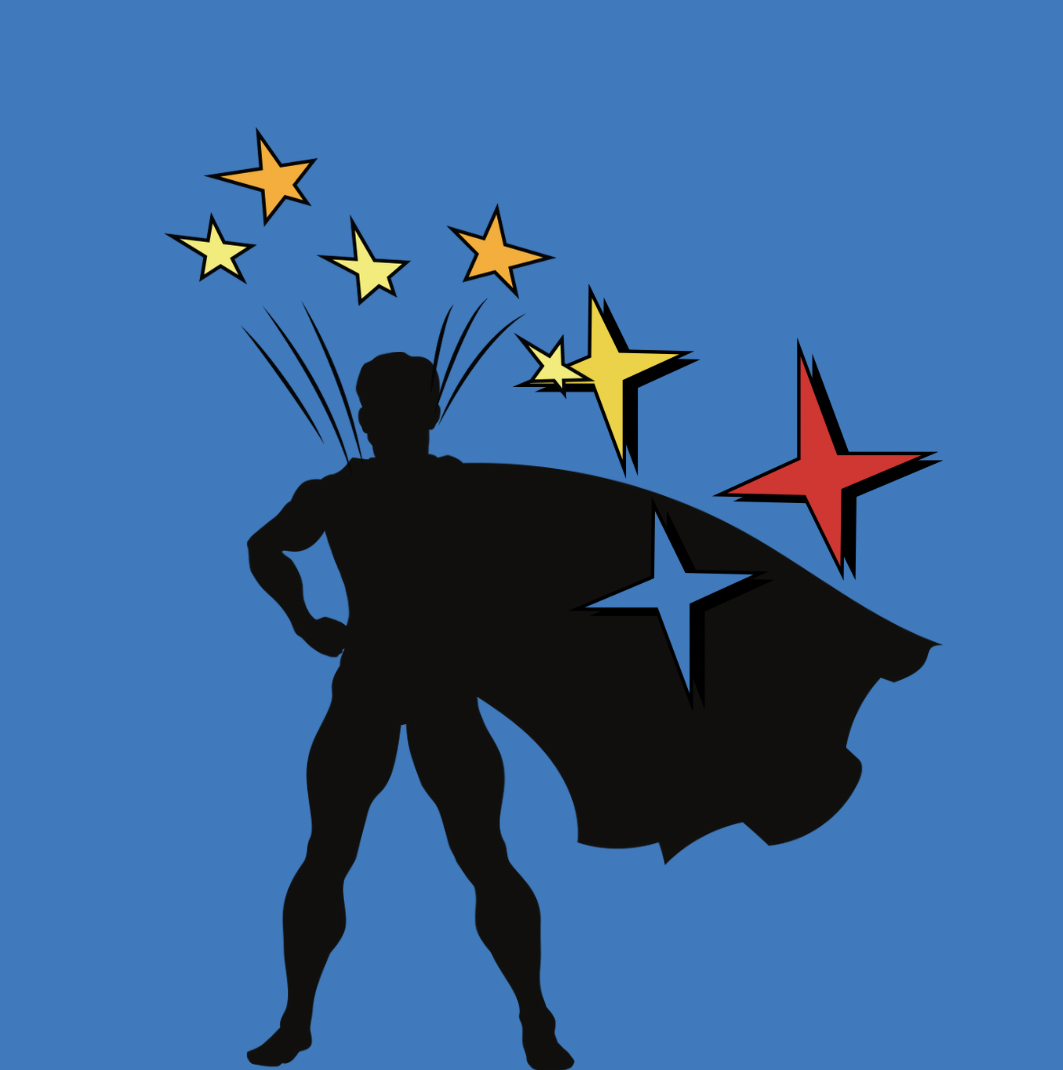One of the hallmarks of Gen Z humor is their ability to make jokes about any subject, appropriate or otherwise. From the Russo-Ukrainian War to the death of Queen Elizabeth II to a faulty livestream of high school volleyball games, this generation finds ways to make light of tense situations. Apart from these modern issues, topics such as race and misogyny often find themselves as targets of humor.
These jokes have become a daily facet of life for many teenagers, taking the form of memes, TikToks and group chat conversations. But to what extent are these jokes acceptable?
The contemporary world is more interconnected than ever before; the rapid spread of jokes across borders and between generations has led to immense changes in cultural trends and forms of communication. This is especially true for Gen Z, a generation known for their quick wit and black humor.
While there is a degree of amusement to be enjoyed from the cleverness of modern genres of humor, there is also the recognition that some lines– such as sensitive political or social issues– may be crossed in the pursuit of a good gag. Thus, it is pertinent that we as a society assess when and where the line should be drawn for acceptable Gen Z humor.
Some question if humor is an appropriate way to handle such delicate matters, arguing that it is sometimes used to avoid real-life consequences, like violence. On the other hand, others believe these jokes are necessary to keep teenagers entertained.
Teenagers have long enjoyed jokes as a form of entertainment, and in recent times, there has been an increased emphasis on ‘clever’ jokes that poke fun at politics and social issues. Social media platforms like Twitter and TikTok have significantly impacted the sense of humor of their users by elevating the sharing and consumption of comedic content to new heights.
Senior Josh Thomas, an aspiring psychiatrist, is a psychology and sociology student at PV. “TikTok’s short-form content results in rapid desensitization to dark humor and requires that creators do exponentially novel things, like make offensive jokes, to stay relevant,” Thomas shared.
While some feel that the jokes are often used to avoid the consequences of real-world conflict, others feel that these jokes play an important role in keeping the younger population engaged in the issues that surround them.
The World War III memes in 2020 are a perfect example of this scenario. While tensions were brewing between Iran and the US early into that year, Gen Z took this opportunity to joke about getting drafted and the outcome of the war. No one wanted this war to happen but the jokes kept the reality at bay, while confronting it at the same time.
It is clear that jokes are an important form of expression and provide users an outlet to engage in otherwise ‘taboo’ topics without the fear of repercussions.
However, making jokes about sensitive issues can be a tricky circumstance, as it is often difficult to gauge the reactions of others.
A social media influencer who first began posting as a joke, Andrew Tate was introduced to TikTok and quickly gained popularity on the platform. While many started to watch his content as a joke, some people started to take his bigoted and misogynistic views seriously. Slowly, his comedic fanbase died out and his audience was only left with misled young adolescents influenced by his ‘alpha male’ views.
Thomas previously looked into the topic of jokes and how they affect people individually. “I think that people should rethink their humor when it only serves to hurt people that have already been marginalized by society, but we should also take into account that just because someone has a lot of influence doesn’t mean constant mockery can’t affect their mental health,” Thomas continued.
It is always best to tread carefully when it comes to sensitive topics and ask oneself if making a joke is really worth the potential risk of matters getting out of hand.
Jokes are an essential part of society and often aid in the strengthening of social relationships and keeping young people up to date with social issues. They can be used to make light of difficult situations, foster understanding and bonding among individuals and generally improve conversation.
People often feel more comfortable speaking about controversial topics when the atmosphere is more relaxed, creating more room for discussion. Jokes can provide people with an opportunity to talk openly and respectfully about potentially sensitive issues, if thought of properly. As jokes are a form of communication, it is generally accepted that they are a positive way of interacting with others to create an environment that is comfortable and supportive.
Senior Sumika Thapa has heard racist and misogynist comments around the school, unable to tell if they are jokes or serious. “I think that as with any sort of humor it is best to not push boundaries and to keep it lighthearted. I also think that because different people have a different sense of what is comical and what is not, it is most important to know your audience through this middle ground that can be reached in any scenario,” Thapa shared.
Although Gen Z’s jokes can be seen as a way to cope with the hardships of life, it is important to remember that there are boundaries in humor; the line of censorship is a blurry one and jokes about topics such as race and misogyny can be taken for granted and be seen as acceptable when in fact, they are not.
Gen Z needs to be aware of this and use their immense creativity when making jokes so their wit and intelligence can be used in a way that doesn’t further marginalize problematic stereotypes and individuals in society.









